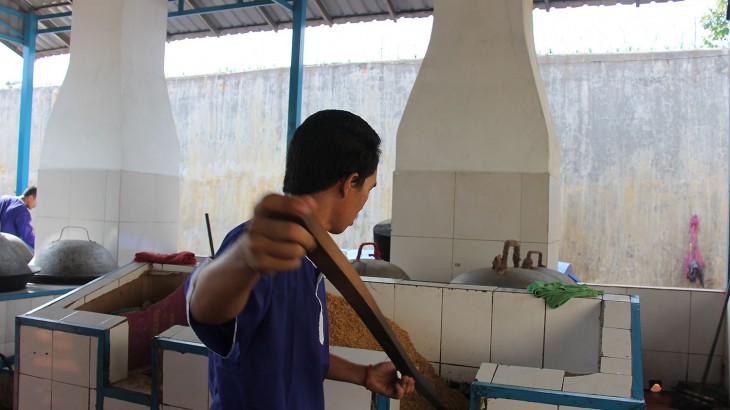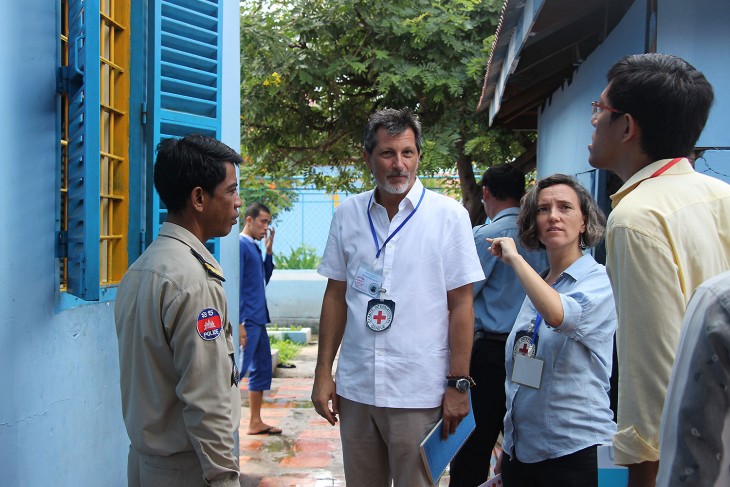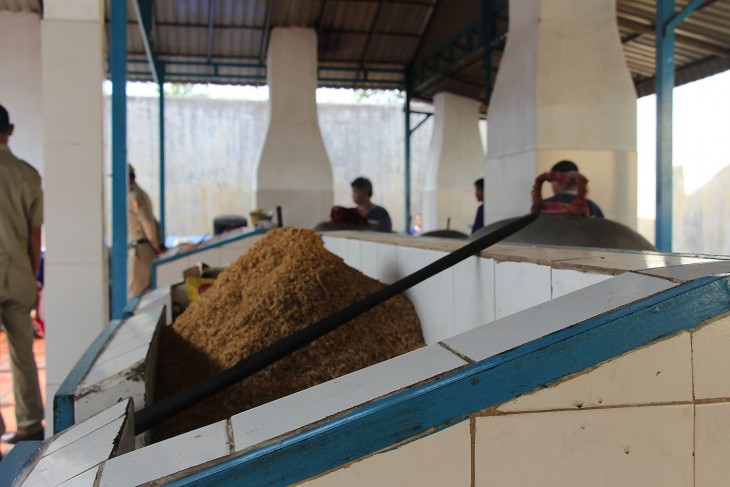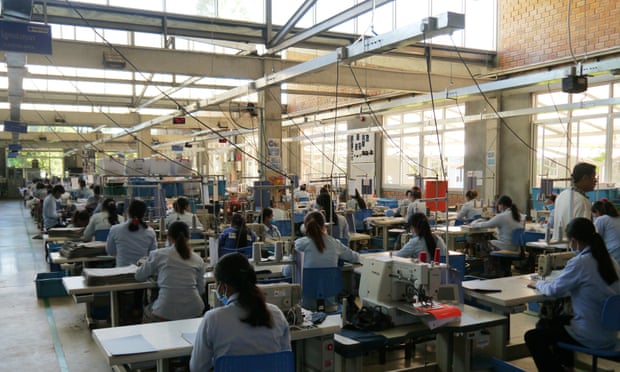Rosewood bust at Tbong Khmum pepper field
Wed, 30 December 2015 ppp
Khouth Sophak Chakrya
| Officials load rosewood into a vehicle yesterday after it was seized from a pepper plantation by authorities in Tbong Khmum. Photo supplied |
Officers from Tbong Khmum provincial police’s anti-economic crime unit yesterday seized 36 pieces of luxury rosewood timber dumped in a pepper field in Memot district’s Memot commune.
Touch Sambat, deputy chief of the unit, said authorities were alerted by locals at about 6.30am that timber traffickers had deposited the 710 kilogram load on the plot in Sangkum Meanchey village.
Police chief Mao Pov then ordered his men to guard the expensive wood, which is illegal to log, until officials from the district Forestry Administration and the deputy provincial prosecutor could inspect the find, Sambat said.
“After the timber was seized, the rosewood was handed to Memot Forestry Administration experts to compile the lawsuit,” Sambat said.
Em Sokun, from the Memot Forestry Administration, said the body would request the provincial court further investigate the case to identify the timber traders’ identities.
Memot district sits on the border with Vietnam, a known destination for timber. According to a report released earlier this year by the NGO Forest Trends, a US-based NGO, timber exports from Cambodia to Vietnam more than tripled last year, with much of the wood illegal.






